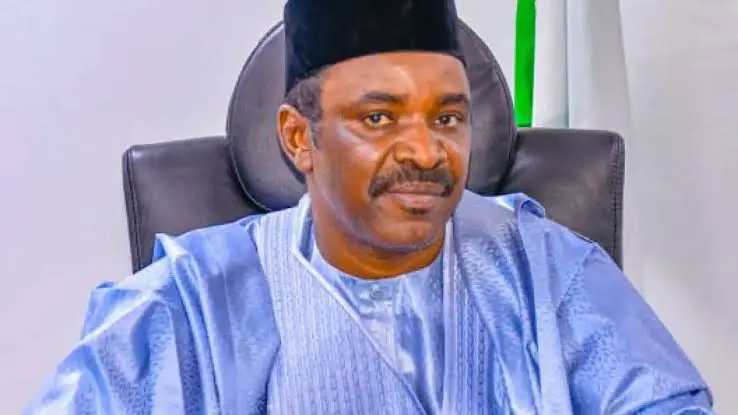The Nigerian government has unveiled plans to allocate N142 billion (approximately $94 million) for the construction of six modern bus terminals nationwide, marking its first major transport infrastructure initiative beyond road development. Approved during a Federal Executive Council (FEC) meeting led by President Bola Tinubu in Abuja, the project targets strategic cities across all six of Nigeria’s geopolitical regions: Abeokuta (South-West), Gombe (North-East), Kano (North-West), Lokoja (North-Central), Onitsha (South-East), and Ewu in Edo State (South-South).
Transportation Minister Sai’du Alkali, addressing reporters post-meeting, emphasized the terminals’ role in tackling systemic challenges. “This is the first federal intervention in road transport infrastructure beyond conventional construction,” he said, citing economic potential and commuter safety as driving factors. Alkali highlighted the absence of organized terminals as a catalyst for highway crimes, traffic accidents, and illegal arms movement, issues the facilities aim to mitigate.
The minister noted that over 85% of Nigeria’s passenger and freight movement relies on roads, yet millions lack secure, efficient transit hubs. The new terminals will provide designated boarding points, waiting areas, and security infrastructure, aligning with broader efforts to modernize Africa’s largest economy. While specifics on design and timelines remain undisclosed, the spread of locations reflects a balance between commercial hubs like Kano and Onitsha and emerging nodes like Gombe and Lokoja.
In a parallel directive, federal agencies handling 2024 procurement contracts were instructed to finalize processes by September 2025, signaling tightened fiscal oversight. The move coincides with Tinubu’s reforms to streamline public spending amid inflation and currency pressures.
Analysts view the terminal project as a response to urban mobility demands in a nation where population growth outpaces transport infrastructure. However, questions linger about execution, given Nigeria’s history of delayed or abandoned projects. The government has not clarified whether private partnerships will contribute funding or management, though Alkali stressed the terminals’ “economic viability” as a priority in site selection.
With road transport unions often criticized for disorganization and safety lapses, the initiative could reshape intercity travel if implemented effectively. For now, it represents a rare federal foray into transit hubs, aiming to blend connectivity, security, and economic stimulus across regions long underserved by formal transport networks.
